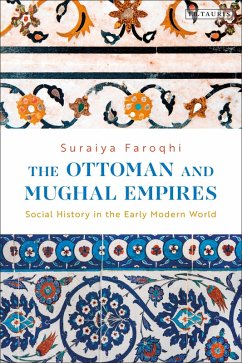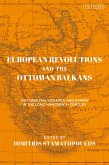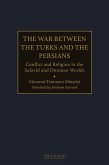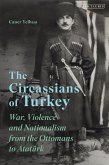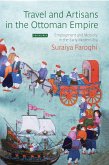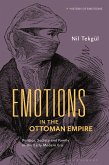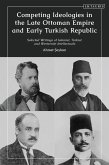For many years, Ottomanist historians have been accustomed to study the Ottoman Empire and/or its constituent regions as entities insulated from the outside world, except when it came to 'campaigns and conquests' on the one hand, and 'incorporation into the European-dominated world economy' on the other. However, now many scholars have come to accept that the Ottoman Empire was one of the - not very numerous - long-lived 'world empires' that have emerged in history. This comparative social history compares the Ottoman to another of the great world empires, that of the Mughals in the Indian subcontinent, exploring source criticism, diversities in the linguistic and religious fields as political problems, and the fates of ordinary subjects including merchants, artisans, women and slaves.

